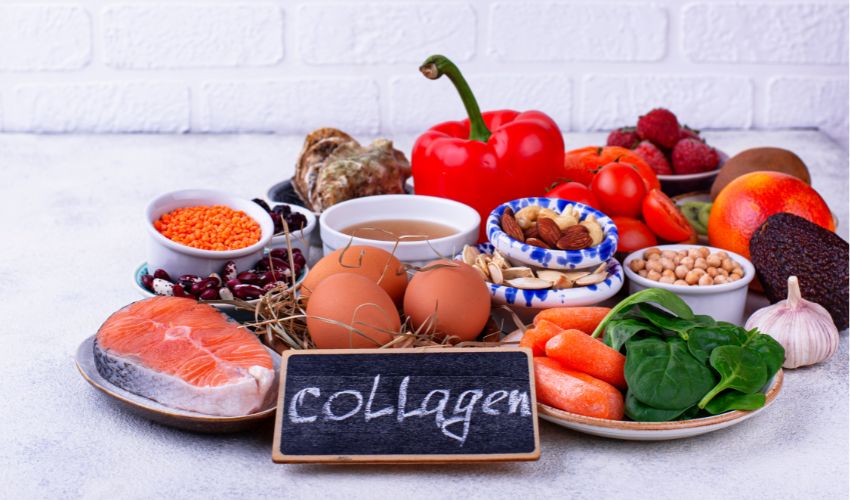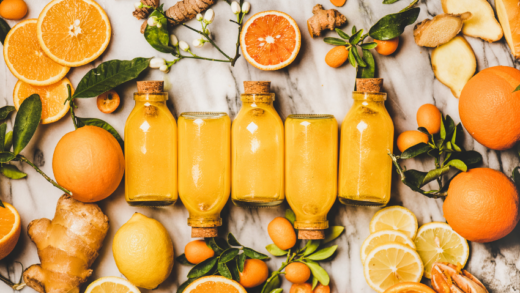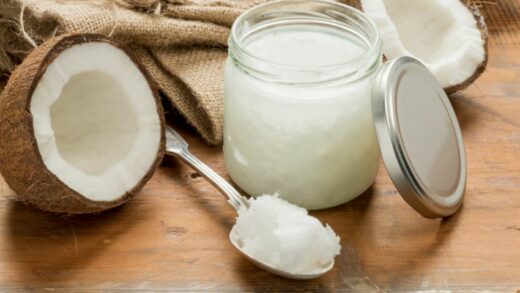Collagen is a protein that is present in our skin, hair, nails, bones, and joints. It plays a crucial role in maintaining the structural integrity of these tissues and keeping them healthy. Unfortunately, as we age, our bodies produce less and less collagen, leading to visible signs of aging such as wrinkles, sagging skin, and joint pain.
Factors That Affect Collagen Production:
Several factors can affect collagen production, including aging, sun exposure, smoking, poor diet, and stress. As we age, our bodies naturally produce less collagen, and sun exposure can damage collagen fibers in the skin, leading to premature aging. Smoking can also decrease collagen production and contribute to wrinkles and sagging skin. A diet that is low in protein and antioxidants can also hinder collagen synthesis, while stress can increase the production of cortisol, a hormone that can break down collagen in the skin.
Natural Ways to Produce Collagen:
Fortunately, there are several natural ways to produce collagen and support its synthesis in the body. Exercise, for example, can help stimulate collagen production in the skin, while massage can increase blood flow and promote the formation of new collagen fibers. Topical treatments such as retinoids and vitamin C can also support collagen synthesis and improve skin texture and appearance. Additionally, red light therapy has been shown to increase collagen production and improve skin elasticity.

Foods That Promote Collagen Synthesis:
Certain foods can also promote collagen synthesis in the body. Bone broth, for example, is rich in collagen and other nutrients that support skin health. Fish, eggs, berries, citrus fruits, and leafy greens are also high in protein, vitamin C, and antioxidants, which are essential for collagen production.
Lifestyle Habits That Boost Collagen Production:
In addition to exercise and diet, several lifestyle habits can help boost collagen production in the body. Getting enough sleep, for example, is crucial for healthy skin and collagen synthesis. Staying hydrated is also important, as dehydration can make the skin look dull and contribute to the formation of fine lines and wrinkles. Avoiding sugar and processed foods can also support collagen production, as these foods can increase inflammation in the body and hinder collagen synthesis. Finally, protecting your skin from sun damage by wearing sunscreen and protective clothing can help preserve collagen fibers in the skin.
Supplements That Support Collagen Production:
Supplements can also help support collagen production and maintain healthy skin, hair, and nails. Collagen peptides, for example, are a popular supplement that can help boost collagen synthesis in the body. Vitamin C is also essential for collagen synthesis, while hyaluronic acid can help keep the skin hydrated and supple. Zinc is another nutrient that is important for collagen production and can help promote healthy skin.
Bullet Points:
- Collagen is a protein that makes up a significant part of our body’s connective tissues.
- As we age, our bodies produce less collagen, leading to wrinkles, sagging skin, brittle nails, and joint pain.
- Natural ways to produce collagen include exercise, massage, topical treatments, and red light therapy.
- Foods that promote collagen synthesis include bone broth, fish, eggs, berries, citrus fruits, and leafy greens.
- Lifestyle habits that boost collagen production include getting enough sleep, staying hydrated, avoiding sugar and processed foods, managing stress, and protecting your skin from sun damage.
- Supplements that support collagen production include collagen peptides, vitamin C, hyaluronic acid, and zinc.
FAQs:
Can collagen be produced naturally in the body?
Yes, there are natural ways to produce collagen, such as exercise, massage, and certain foods.

What foods are good for promoting collagen synthesis?
Foods that are high in protein, vitamin C, and antioxidants, such as bone broth, fish, eggs, berries, citrus fruits, and leafy greens, can help promote collagen synthesis.
Can supplements help boost collagen production?
Yes, supplements such as collagen peptides, vitamin C, hyaluronic acid, and zinc can help support collagen production.
Does sun damage affect collagen production?
Yes, exposure to UV rays can damage collagen fibers in the skin, leading to wrinkles and sagging.
Can stress affect collagen production?
Yes, stress can increase the production of cortisol, a hormone that can break down collagen in the skin.
Conclusion:
Collagen is an essential protein for maintaining healthy skin, hair, nails, and joints. As we age, our bodies produce less collagen, leading to visible signs of aging such as wrinkles, sagging skin, and joint pain. However, there are natural ways to boost collagen production and keep our bodies looking and feeling great. By incorporating exercise, massage, topical treatments, and specific foods into our daily routine, we can support collagen synthesis in the body. Additionally, by adopting healthy lifestyle habits such as getting enough sleep, staying hydrated, and managing stress, we can further promote collagen production. Finally, supplements such as collagen peptides, vitamin C, hyaluronic acid, and zinc can also support collagen synthesis. By following these tips and tricks, we can produce collagen naturally and maintain healthy skin, hair, nails, and joints for years to come.






















